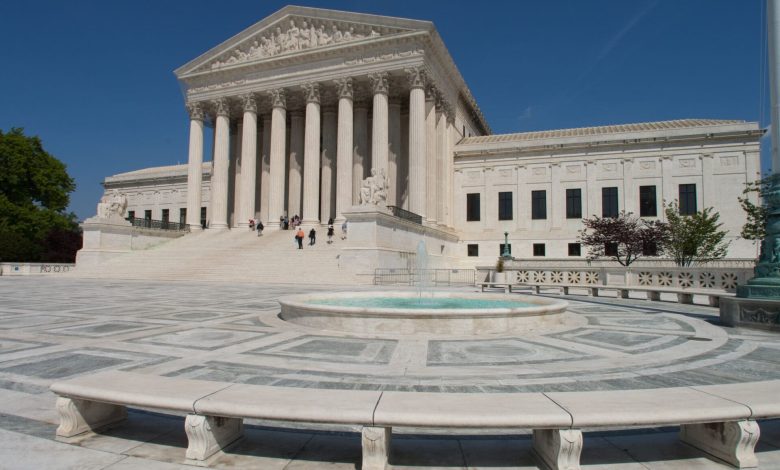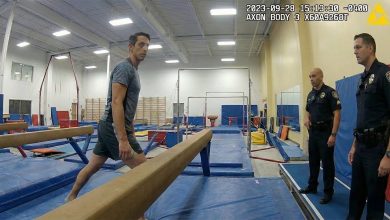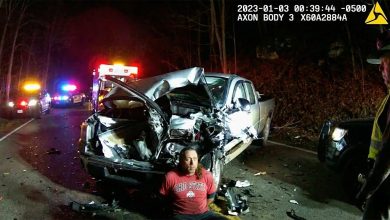Half of States Push SCOTUS to Nix MA Nonresident Carry Law

Attorneys general from half of the U.S. states have petitioned the Supreme Court of the United States to strike down Massachusetts’ extremely restrictive nonresident carry license requirements.
The case, Marquis v. Massachusetts, revolves around the state’s carry permit system that requires nonresidents to apply for a Massachusetts license—a process critics say is “burdensome,” with waits up to 170 days and high fees. Visitors can face felony charges if they cross the border armed without the paperwork, even in areas where the line between states is blurry.
Defendant Phillip Marquis, a New Hampshire resident, was in a car accident while traveling on Interstate 495 in Massachusetts. When the police arrived, Marquis informed them that he had a pistol on him, but did not have a license to carry in Massachusetts. His firearm was then seized, and he was charged in the Lowell District Court with carrying a firearm without a license under Mass
“The Massachusetts Supreme Judicial Court erred in holding that Massachusetts’s non-resident license-to-carry permitting regime uses narrow, objective, and definite standards, and that it finds historical support in surety and going armed laws,” the AG’s brief stated. “In fact, Massachusetts (and its Supreme Judicial Court) failed to show any historical tradition of states strictly applying their firearms regulations to non-resident travelers such that non-resident travelers could be disarmed and criminally charged if they were not in strict compliance with state law from the moment they crossed the border—no matter how long the traveler intended to stay.”
Of course, Massachusetts officials stand ready to defend the restrictive law in the event that the Supreme Court chooses to hear the case.
“Massachusetts has some of the strongest gun safety laws in the country that are enforced consistent with public safety and the Second Amendment,” Attorney General Andrea Campbell said. “My office will continue to defend them against any challenge in order to keep our communities and our Commonwealth safe.”
States whose attorney general signed the SCOTUS brief included Alabama, Alaska, Arkansas, Florida, Georgia, Idaho, Indiana, Iowa, Kansas, Kentucky, Louisiana, Mississippi, Missouri, Montana, Nebraska, New Hampshire, Oklahoma, South Carolina, South Dakota, Tennessee, Texas, Utah, Virginia, West Virginia and Wyoming.
This case isn’t the only challenge to the state’s nonresident carry restrictions. On August 13, the Second Amendment Foundation and its partners filed Lawson v. Campbell, which challenged the commonwealth’s process for nonresidents to acquire a license to carry (LTC).
As SAF pointed out in a press release announcing the court action, the process of acquiring and maintaining a Massachusetts non-resident permit is “wrought with burden, cost and delay. The initial permit application process often takes six months or more and includes repeated mandatory in-person visits to the commonwealth, creating an unconstitutional barrier to an applicant’s right to carry for self-defense.
Read the full article here








